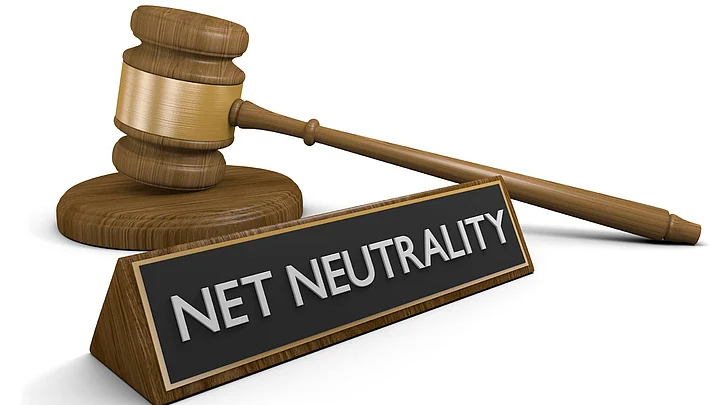The battle for net neutrality has reached its boiling point with the verdict from the Telecom Regulatory Authority of India (TRAI) on the plea for differential pricing and scuppered the dreams of a Facebook or an Airtel to provide services that are partial in nature.
All telecom operators have been strictly asked to do away with services that offer special benefits to users, or, in other words, get in line with net neutrality. Here’s the lowdown on the net neutrality saga that has unfolded this week.
What's Happened?
TRAI has given its impending verdict on the subject of differential pricing that has put services like Free Basics and Airtel Zero in hot wire. The regulatory body has asked all operators to provide the same services to users, no matter what network they are on.
For eg, Airtel, providing its services via Airtel Zero, cannot make some sites free for their users and charge for others. The same pricing applies for all. These changes and regulations come into immediate effect.
What Does it Mean?
The TRAI’s motion against differential pricing stands on the basis of:
- Content
- Source
- Application
- Destination
What this basically means: You buy a data pack of Rs 100 and you can surf through all sites at the same price. Telcos cannot price these sites differently for a specific set of users. Use apps and surf any sites just like everyone else.
The regulatory body has also come out in support of the users by making sure any service that currently exists will not be terminated till its cycle lasts. However, if any telecom operator offers services that violate the TRAI verdict, then they are liable to pay fines that range from Rs 50,000 up to Rs 50 lakh for a day.
Who Loses?
The biggest losers from this week’s TRAI verdict are the telecom operators providing special benefit services and Facebook’s Free Basics as well. Here’s what the social networking giant has to say about the verdict announced.
Our goal with Free Basics is to bring more people online with an open, non-exclusive and free platform. While disappointed with the outcome, we will continue our efforts to eliminate barriers and give the unconnected an easier path to the internet and the opportunities it brings.Facebook spokesperson
Who's Happy with Net Neutrality?
The verdict has come at a sweet time for volunteers at Save the Internet, who’ve shared their delight with the outcome after years of effort.
The SaveTheInternet.in Coalition welcomes the TRAI’s regulation dated 8 February 2016 which is in favour of Net Neutrality, by putting an end to differential pricing services which would have allowed telecom operators to break the Internet and become gate-keepers and toll-collectors.Save the Internet
In addition to that, the Internet and Mobile Association of India (IAMAI) has welcomed TRAI’s decision with open arms.
TRAI regulation on differential pricing is a welcome move. However, the association has a slight concern on the exception. The association hopes that the exceptions to the rule will not be misused by the TSPs. The exception states “...regulation shall not apply to tariffs for data services over closed electronic communications networks.IAMAI
What's the Catch?
As always, TRAI has made sure that the regulations are in line with the requirement of the market but with few exceptions. The following cases ensure telcos can operate with special services:
- Grave emergency situation like earthquake, floods allows telcos to provide services (must make sure to inform TRAI about the same).
- Telecom operator providing limited time free data will be sanctioned.
- Telcos like Airtel can provide their own services like Wynk to its consumers only.
The third case worries the IAMAI, who consider it to be a loophole big enough for providers to exploit openly.
What's Next?
In all likelihood, telecom operators will appeal in the Delhi High Court. This possibility will ensure that the net neutrality saga in India continues for a little longer.
(At The Quint, we question everything. Play an active role in shaping our journalism by becoming a member today.)
